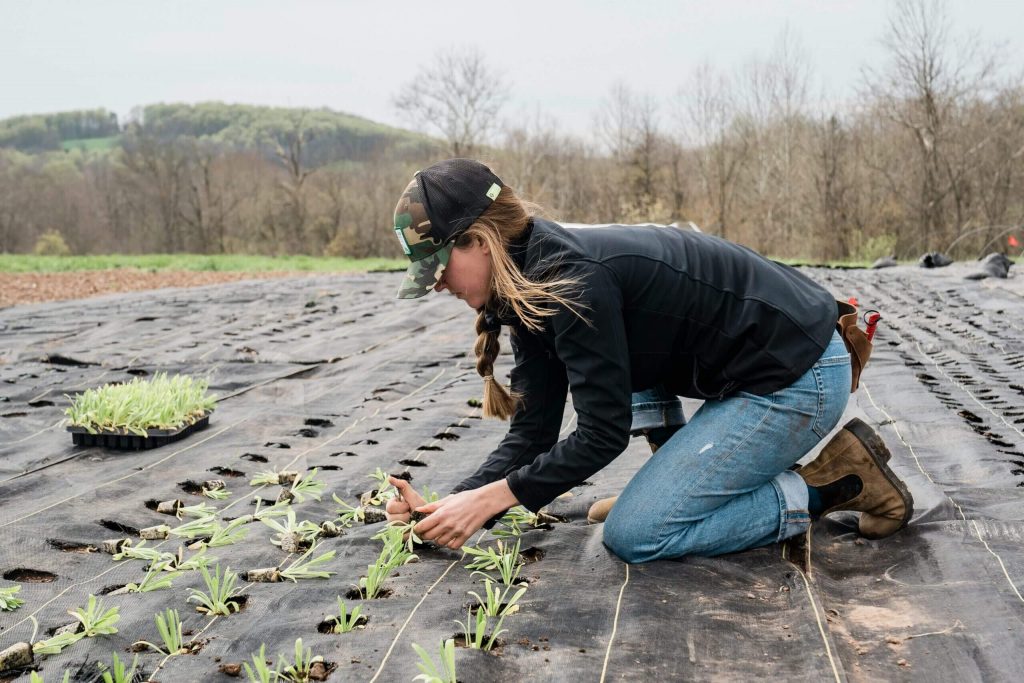In the world of agriculture, women have played a vital role throughout history. From tending to crops and livestock to managing farms and making important decisions, their contributions have been invaluable. However, their efforts have often gone unnoticed and underappreciated. Today, there is a growing recognition of the need to empower women in agronomy and harness their potential to create more sustainable and prosperous communities.
The Role of Women in Agriculture
Women have always been actively involved in various aspects of agriculture. They have been responsible for planting and harvesting crops, caring for livestock, and managing farm operations. In many developing countries, women make up a significant portion of the agricultural workforce, with their contributions being crucial for food security and economic stability.
Despite their integral role, women in agriculture face numerous challenges. They often have limited access to resources, including land, credit, and technology. They also face cultural and societal barriers that restrict their decision-making power and prevent them from fully participating in agricultural development.
Empowering Women in Agronomy
Empowering women in agronomy is not only a matter of gender equality but also a way to enhance the overall productivity and sustainability of agricultural systems. When women are given equal access to resources and opportunities, they can contribute to improved agricultural practices, innovation, and community development.
One way to empower women in agronomy is by providing them with education and training. By equipping women with knowledge and skills in agricultural techniques, crop management, and business practices, they can become more effective leaders and decision-makers in their communities. Training programs can also help women gain confidence and overcome societal barriers that have traditionally limited their participation in agricultural activities.
Access to resources is another critical aspect of empowering women in agronomy. Providing women with equal access to land, credit, and technology can significantly enhance their productivity and economic independence. Land ownership, in particular, is crucial as it allows women to make long-term investments in sustainable farming practices and secure their livelihoods.
Strengthening Communities through Women’s Empowerment
When women are empowered in agronomy, the benefits extend beyond individual farms. Empowered women become catalysts for change in their communities. They can influence agricultural policies, advocate for the needs of farmers, and promote sustainable farming practices.
Furthermore, when women have access to resources and decision-making power, they are more likely to invest in the well-being of their families and communities. Studies have shown that when income is controlled by women, it is more likely to be spent on education, healthcare, and nutrition, leading to improved living standards for the entire community.
Empowering women in agronomy also contributes to environmental sustainability. Women have a deep understanding of local ecosystems and traditional farming practices that promote biodiversity and natural resource conservation. By recognizing and valuing their knowledge, we can create more resilient and sustainable agricultural systems.
Conclusion
Women have always been an integral part of agriculture, but their contributions have often been overlooked. By empowering women in agronomy, we can tap into their potential as leaders, innovators, and change-makers. Providing them with education, resources, and decision-making power not only benefits individual women but also strengthens communities and promotes sustainable agriculture. It is time to recognize and support the role of women in agriculture and work towards a more inclusive and prosperous future for all.

